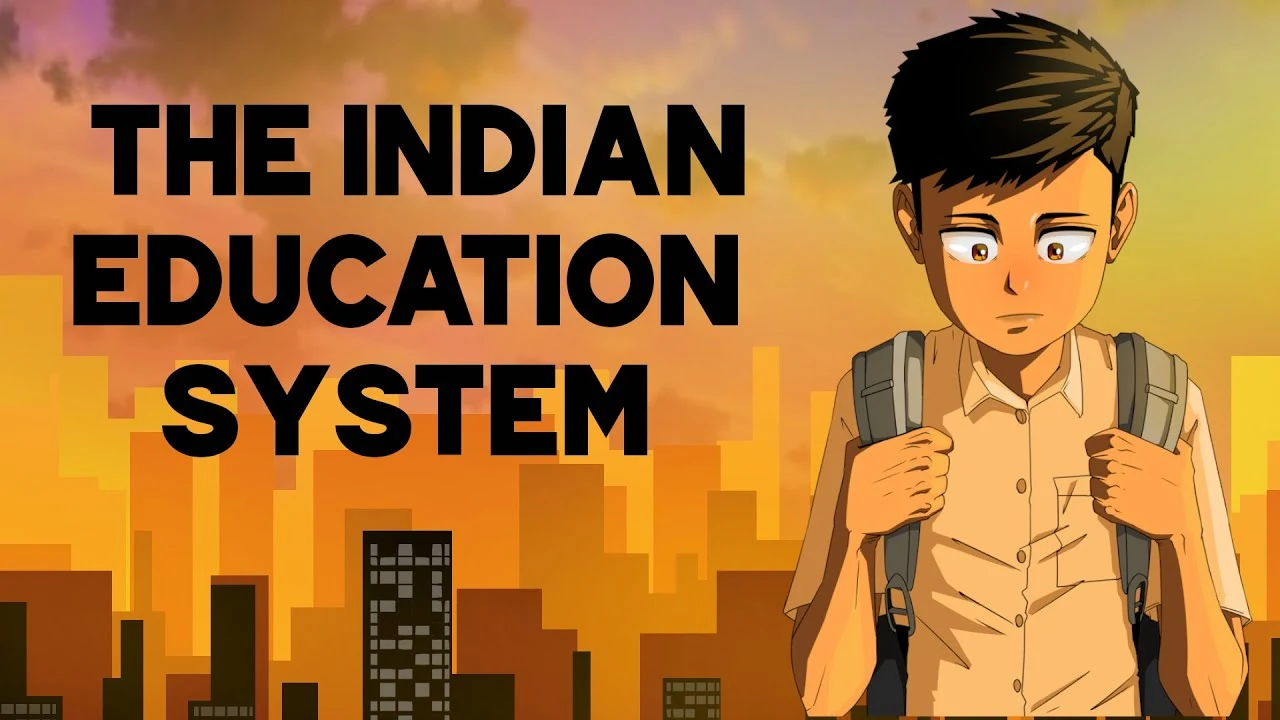This education scam: why Indian educational system is scam —A torrent of system flaws and why we call
Unveiling the Illusion: How the Indian Educational System Fails Its Students


This education scam: why Indian educational system is scam —A torrent of system flaws and why we call